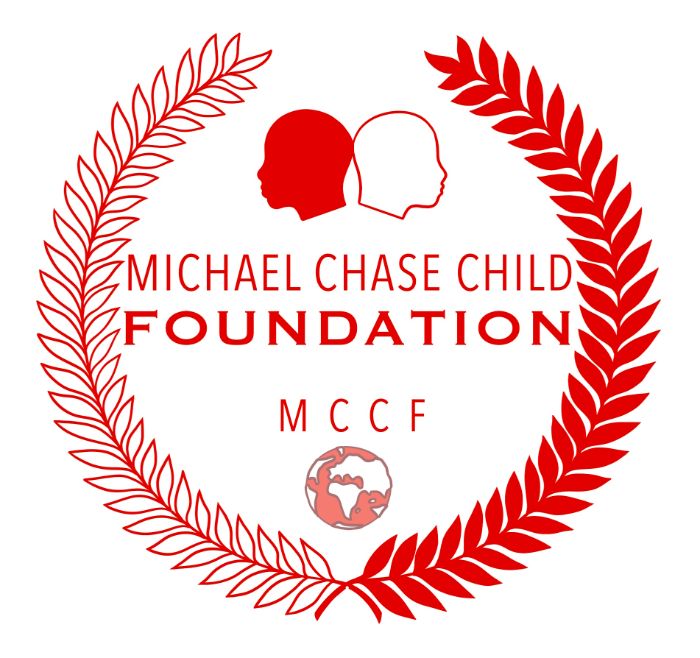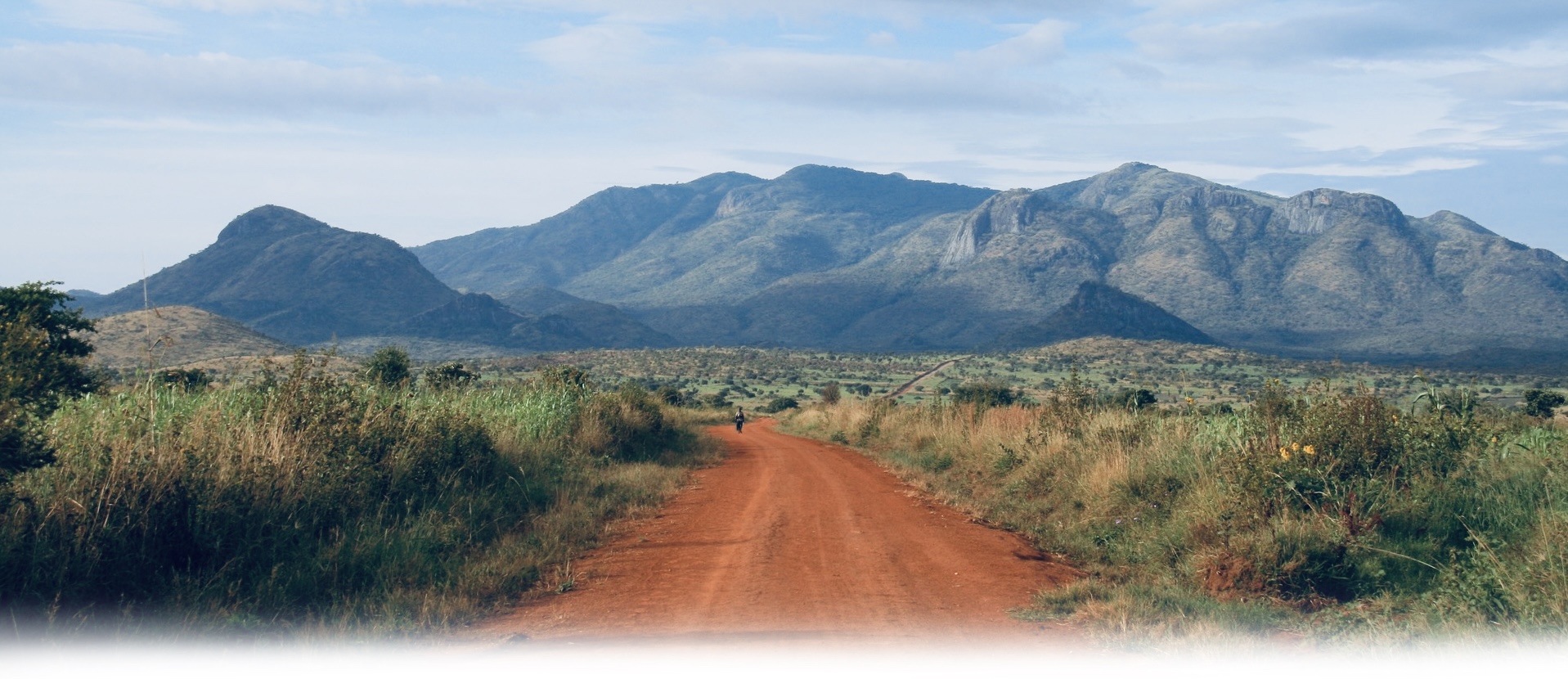
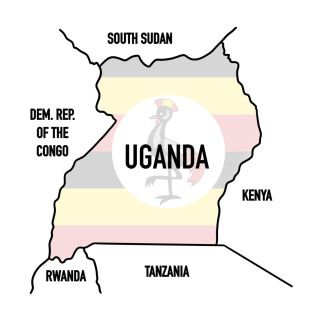 THE EDUCATION CRISIS IN UGANDA
THE EDUCATION CRISIS IN UGANDA
Despite its beauty, stunning landscapes and fertile lands, poverty is a major challenge in the East African country, with a significant impact on its education system.
Ugandan children face many challenges, education being one of them. Public schools are rarely present outside urbanized areas and are often lacking in numbers, space and infrastructure. For most children, school is an expensive privilege.
According to UNESCO, the adult literacy rate in Uganda is about 76.5%, with disparities between gender as well as rural and urban areas. Girls are often lacking in education, with lower enrollment rates than boys.
46% of Uganda's population is aged 0-14, representing one of the youngest populations in the world (World Bank, 2021).
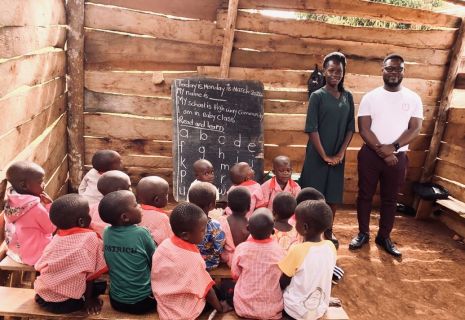
The country has long faced uncontrolled population growth, which puts considerable pressure on its education system. Schools are often in poor condition and lack toilets and resources, with poor infrastructure (Kindegarten classroom shown on right).
The lack of proper infrastructure is a major problem. According to the UN Human Development Report, only 32% of primary schools in Uganda have toilets, creating difficult learning conditions for students.
The educational crisis is also linked to a high rate of school dropouts. According to the Ugandan Ministry of Education and Sports, approximately 68% of students enrolled in primary school will never complete their schooling.
However, it is important to note that efforts are being made to improve the situation. The Ugandan government has launched initiatives such as abolishing school fees in public primary schools* and implementing programs to improve the quality of education.
*These measures have unfortunately had little impact in rural communities, which represent 80% of Uganda's population. MCCF helps them.
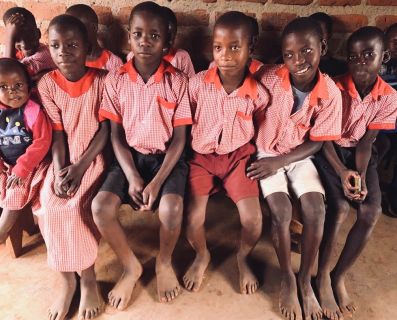 Families living in extreme poverty cannot afford the schooling costs for their children, which can amount to hundreds of euros per year, for a single child. Many children work in the fields before the age of 10, to help their families. They live in very difficult conditions, and have no chance at a brighter future if they do not receive an education.
Families living in extreme poverty cannot afford the schooling costs for their children, which can amount to hundreds of euros per year, for a single child. Many children work in the fields before the age of 10, to help their families. They live in very difficult conditions, and have no chance at a brighter future if they do not receive an education.
The education crisis in Uganda is a complex challenge that requires continued attention and interventions. By working together, we can improve access to education and create opportunities for Uganda's children.
